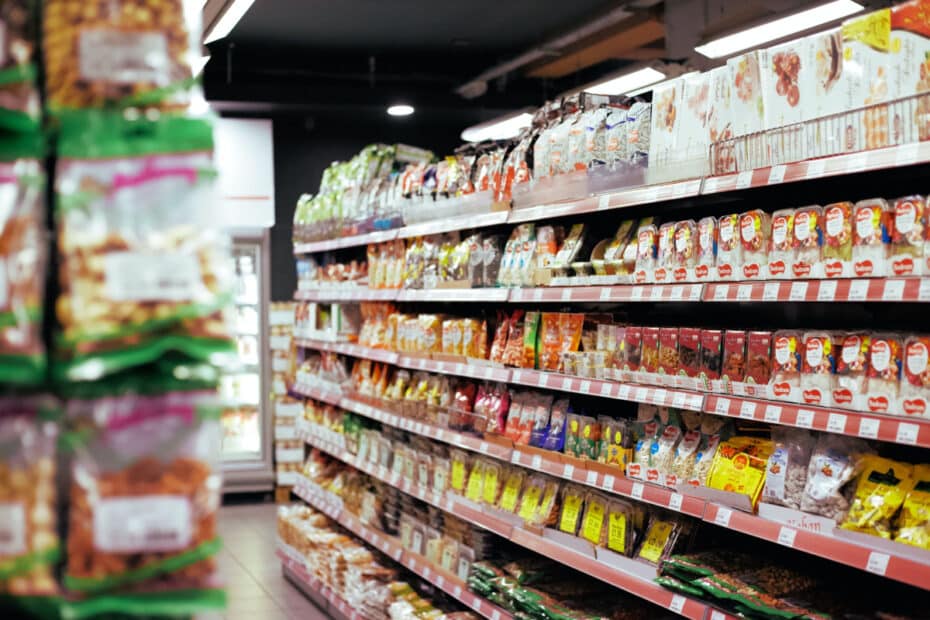Is Consumer Non-Durables a Good Career Path? Different things we buy have their life span—some goods we use over the next few years. In comparison, we can use other goods only once or twice. And then there are goods in between that last a few months or even a year. We make the classification of consumer durables and consumer non-durables on this basis. But how do these types of products influence your career?
Several consumer non-durable companies have become household names. We see and hear about them almost every day.
This list of companies includes Coca-Cola, Unilever, Pepsico, Procter & Gamble, and Nestle AG. As you can see, these are among the most prominent corporations worldwide.
One would want to work for such giant companies. But is consumer non-durables a good career path? If you are looking for an answer to this question, you’re at the right place.
Here is what we will talk about. The table of content below will help you jump to the section you want right away:
- Is Consumer Non-Durables a Good Career Path?
- What Are Consumer Non-Durables?
- Difference between Consumer Durables and Non-Durables
- Top 10 Companies in Consumer Non-Durables
- Job Opportunities
- Types of Jobs
- Job Positions
- Job Competition
- Average Salary & Bonus
- Benefits and Perks
- Work Culture
- Conclusion
Here, we will discuss the nature of employment opportunities in the consumer non-durables.
But before we dive into it, let’s first discuss what consumer non-durables are! We will also discuss how they differ from consumer durables—thinking of starting a consumer non-durables career? Read on!
Is Consumer Non-Durables a Good Career Path?
Without further ado, we will answer. Is consumer non-durable a good career path?
The answer is yes.
The reasons are diverse, and we will explore further in this article. To give a brief list, here are some unquestionable motives:
- Innumerous job opportunities.
- Several multinational companies are in the market, generating a culturally diverse environment.
- It’s a consumable item, such as food or cleaning products, so it’s always in demand.
- You are a consumer of the product, making it more pleasant to work with and understandable.
- As mentioned above, it’s an industry of multinational companies, so the chances you have an international career is high.
- Non-durable consumer goods are trend-influenced, they need to be at the forefront of technology and consumer needs, so it’s a good company to learn how to be at the top of innovation.
- It’s a physical item, and it gives you a positive feeling when you see a clear sale from a product developed due to your work. Some say it’s more accomplished than banking or life insurance, where the products are abstract.
- Many lived and desired brands are part of this industry. Should we mention Nike and Coca-Cola, for example? It’s clear where this influences the overall perspective of a dream job.
Many other reasons can be listed here. As we are just starting, let’s show you some facts, and you can, at the end of the article, create your own opinion.
Is Consumer Non-Durables a Good Career Path for Students?
Consumer non-durable companies are recognized to have outstanding internships programs. Unilever, for example, presents its internship program within 5-6 months duration and 32 hours per week, besides being a paid program.

After the internship, a few steps are required to get hired. So it’s a reality to start as an internal and develop a career in this multinational.

After you are graduate, it’s crucial to understand the consumer non-durables industry career. Let’s take a look at another example, Procter & Gamble.
Is Consumer Non-Durables a Good Career Path for Newly Graduates?
Newly graduates have special needs other than experienced professionals, which is training and career development. Companies such as Procter and Gamble have remarkable training and professional development programs.
Procter and Gamble affirm that 11,400 current global c-suite executives have started their careers there. They also state that more than 99% of their senior leaders are produced inside the company.
They focus their leadership program on three pillars, and each pillar is linked:
- Leadership Opportunities
- Easy access to the company’s leadership
- World calls training
The company creates confidence and develops the skills, networks, and knowledge the employee needs to succeed.
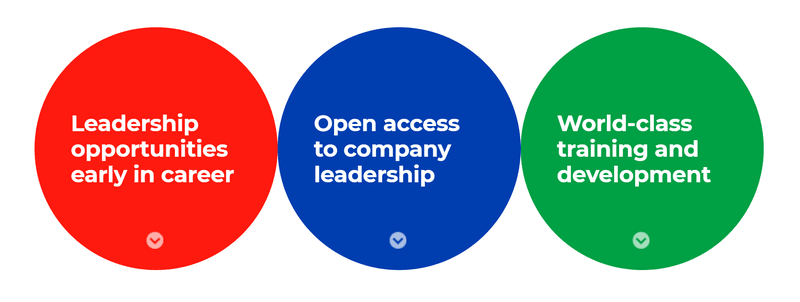
Their training is focused on hands-on experience:

Now, it’s time to understand better what consumer non-durables are and how they differentiate from consumer durables.
What Are Consumer Non-Durables? How Are They Different From Consumer Durables?
Consumer non-durables are goods that we use up in a short time. They are either for one-time use or are consumed in a few uses. As a result, one needs to buy these products again and again. Non-durables are also known as soft goods and consumable goods.
Some examples of non-durables are clothing, food products, and light bulbs. Non-durables are the opposite of consumer durables when it comes to consumption, and people can use them over a long period (considered to be over three years).
Consumer non-durables form a significant part of a country’s economy, and they are a stable figure in an economy. After all, non-durables include necessary goods that never go out of demand. In comparison, durable goods are subject to the business cycle.
In What Ways Are Durables and Non-Durables Different?

- During economic growth, the purchase of durable goods is likely to increase. In comparison, you will see no increase in the sales of non-durable goods. Why does this happen? It is because non-durables include necessary goods like groceries. As a result, consumers buy the same amount of non-durables as they do in regular times.
- During economic crises, consumers do not purchase the same amount of durable goods. In contrast to a steep decline in automobile sales during a recession, a recession does not affect non-durable goods.
- Changes in the economy affect the sales of durable goods, and as, and there a result, people see them as reliable economic indicators. Changes in the economy do not affect non-durable goods, and hence, people don’t see them as reliable economic indicators.
As we saw, consumer non-durables are a stable figure in an economy. And stability is a factor that you should consider when looking for jobs.
One must ask, is consumer non-durables a good career path? Let’s find out if it is an excellent career option!
Top 10 Companies in Consumer Non-Durables
Multinational companies, leaders in the fast-moving consumer goods sector (FMCG) are probably the places where you can find the majority of available job positions and the most significant possibilities for career growth.
If you want to start a career path in non-durable consumer goods, we list the ten leaders in the sector based on market cap.
- Nestle AG
- Procter & Gamble
- L’oreal
- Nike
- Coca-Cola Company
- Pepsico
- Philip Morris International
- Unilever Group
- Christian Dior
- Anheuser-Busch Inbev
Looking and these companies mentioned above, you can ask yourself, is consumer non-durables a good career path? We start understanding why our previous answer was yes. All of these companies have well-known daily consumed and loved brands.
Job Opportunities in the Biggest Consumer Non-Durable Companies
When looking for jobs in the soft goods industry, you find many good options. Companies like Procter & Gamble give you the opportunity of having an international career, and there are other huge companies like PepsiCo and Coca-Cola to choose from.
But before you make a decision, you must know what it is like working for these companies. As a job seeker, you must see what a job opportunity brings.
And it would be best if you analyzed what benefits you can get when working for companies like P&G and PepsiCo. Only then should you make a decision!
First, you must understand the nature of the job opportunities available. The biggest soft goods companies have a lengthy screening process. They also have job openings in different career areas. It would be best if you knew all about it!
By the time this article ends, you will better understand working in a soft goods company! After all, you must be aware of the range of opportunities available. We will then move on to aspects like salaries, benefits, and perks.
Types of Jobs at Consumer Non-Durables Companies
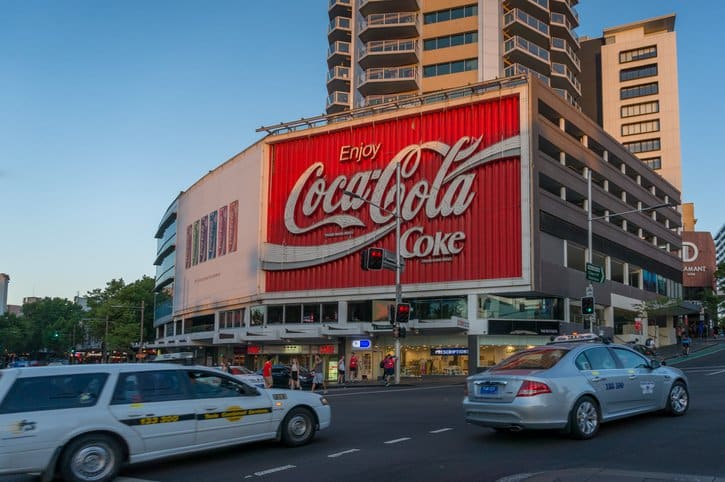
Jobs in the soft goods industry are available in various profiles. There are many opportunities in sales and marketing in companies like Coca-Cola, and there are also technical jobs in the IT department of big soft goods companies.
You can also find consumer non-durables jobs in the communication and HR departments. So, there is no shortage of variety when it comes to job opportunities.
You can apply for full-time positions and internships. To find ways to apply or search for summer jobs, you can visit the company’s websites. Doing summer jobs at soft goods companies can give your career an excellent start.
Is consumer non-durables a good career path? Let’s continue reading on the essential aspects of consumer non-durables jobs.
All You Need to Know About Top Consumer Non-Durables Jobs
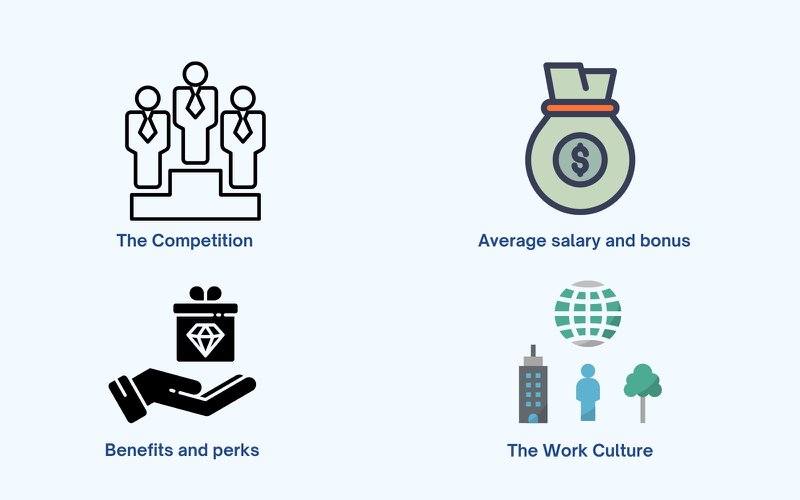
First, we will talk about the pay structure in these companies. After all, the salary is one of the most significant factors in any job. Then we will talk about benefits and perks.
We will start by looking at the average salary for employees in soft goods companies. The average salary is a good indicator of how lucrative working at a company is. We will be looking at the most prominent soft goods companies.
Job Positions
There are many job positions you can start on consumer non-durables. Since they are, in general, a multi-brand corporation, you will find small divisions by brands.
On Procter and Gamble, for example, they separate their job opportunities among nine areas.
Brand & Marketing
Different brands require different marketing focuses. It makes sense to have several brand management positions coming along with related marketing functions.
- Brand Management / Marketing
- Communications
- Consumer & Market Knowledge
- Design
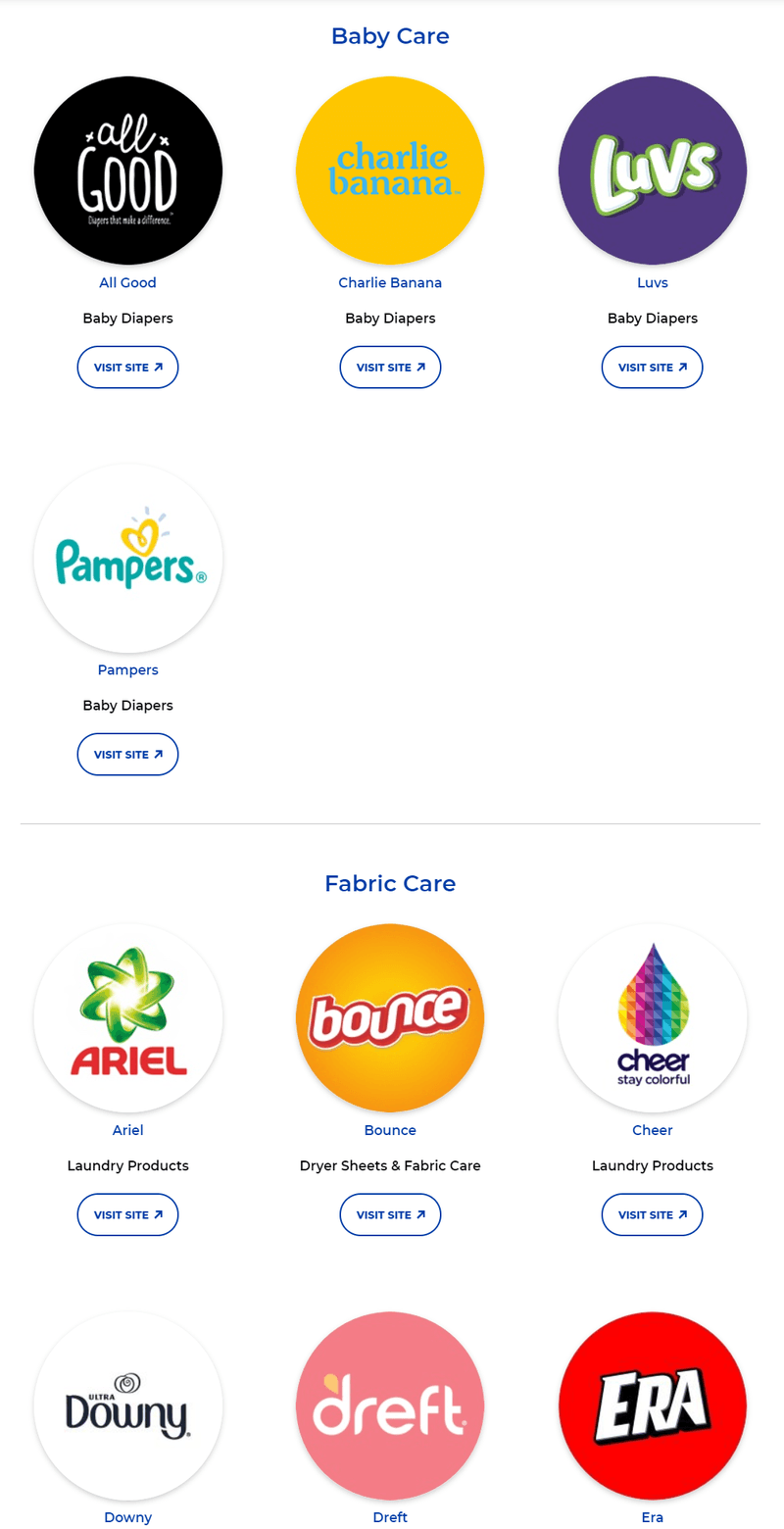
Research & Development
As many different brands on the consumer non-durable products company have various products, the R&D would be separate and require separate packaging, manufacturing technology, and quality control. That’s why these types of jobs are plenty in this industry. Below are the positions related to the R&D area.
- Design
- Engineering
- Science
Product Supply
- Engineering
- Manufacturing
- Purchasing
- Quality Assurance
- Supply Chain & Logistics
Sales
In sales, we can observe a different trend for consumer non-durable companies. They usually have the same salespeople since the clients, such as supermarkets, are the same.
For that reason, salespeople will deal with different product types, from detergent to chocolates.
Other Support Areas
AS any regular corporation, the support areas are similar. They are also very interchangeable with other industries as well. You will probably have more chances of moving to a career in oil and gas or technology from current non-durable products if you are in finance than working in marketing. Below are the most common support areas:
- Information Technology
- Finance & Accounting
- Human Resources
- Legal / Intellectual Property
- Additional Career Areas
The Competition
Getting a job at these big non-durables companies is tough, and you will face tough competition right from the beginning of the screening process. Coca-Cola’s interview difficulty level is at 2.8%, which is moderate difficulty.
Procter & Gamble also has a thorough assessment process. They conduct a background check on candidates to see if they will be a good fit at P&G.
The company gets in upwards of 900,000 applications every year for only 5,000 job openings. As you can see, the competition is tough.
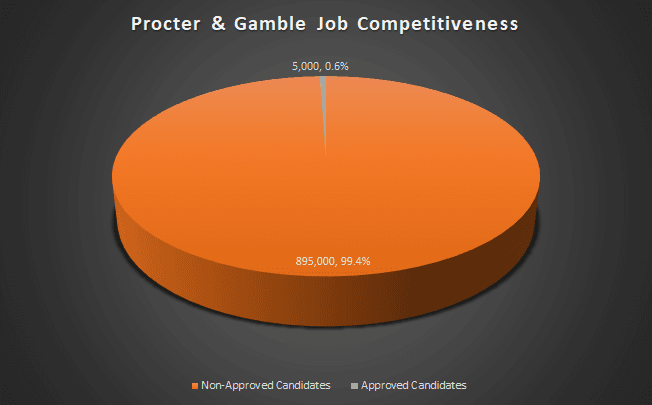
PepsiCo also runs a background check on candidates. If you want to work for the big soft goods companies, expect the hiring process to be lengthy. Multiple background checks are in the best interests of the company.
Are you preparing for an interview at a big soft goods company? Make sure you approach it with confidence. Remember, you might have to go through several interview phases. And every interview will be different from the last.
Getting a job at a big consumer non-durables company is hard, but you can do it! After all, thousands do it every year! All you need to do is trust your preparation.
The Average Salary and Bonus
According to a job salary/job search website, the average base salary at Procter & Gamble is $87k/year, and the same at PepsiCo is at $79k/year. And Coca-Cola slides between the two at $82k/year.
When it comes to the bonus, Coca-Cola gives its employees an average of $12k/year while P&G and PepsiCo average $6k and $8k, respectively. Remember, these are average salary figures, and your salary will differ based on your job profile.
As we can see, consumer non-durable products jobs are relatively well-paid. And if you plan to search for a career in this industry, you may have a reliable job with attractive pay. But there are other aspects to consider as well. So, let’s move on to factors such as perks.
Benefits and Perks
The biggest companies are worried about their employee’s well-being, and the same goes for the most prominent soft goods brands. As a result, employees get a bunch of worker perks and benefits.
Coca-Cola provides a lot of health & insurance benefits. These benefits include severance pay, health and dental insurance. Companies like P&G also offer pension plans to their employees. They provide other perks like well-equipped gyms and fitness classes at specific locations.
PepsiCo also provides health and life insurance to its workers. They also offer stock bonuses and pension plans, which is a part of their efforts at employee well-being.
Apart from these, employees also get minor benefits like paid sick leave. The most prominent consumer non-durables companies provide wholesome training to their new employees, suitable for those looking for long-term jobs at big companies.
Companies like Nestle also focus on providing a flexible work environment. Nestle also provides relocation expenses to their employees. They also have a Maternity Protection Policy for primary caregivers of newborns.
When it comes to perks and benefits, a career in consumer non-durables will be fulfilling. After all, every job seeker wants to work for a company that values them.
The Work Culture
The work culture at all these big companies is intense. Employees work with pace and purpose as they know their roles. Employees at Coca-Cola get rewards if they perform well over a while. Things like this inspire healthy competition among colleagues.
Nestle invests a lot in giving leadership training to their managers, and they have also begun training their employees on the new Corporate Business Principles. Some of the training courses at Nestle are mandatory for all employees to take.
All the top consumer non-durables companies value diversity, and they encourage individuals from across the globe to come together and work with them. It also serves the company’s interest to understand its consumer base better.
Another reason to work at the most prominent soft goods companies is that employees also get international exposure when working for these companies. After all, the most extensive soft goods companies serve worldwide.
Active Work Culture and an International Career

What comes to mind when you think of your career? Do you think about growth in terms of skills? Then consumer non-durables can be a good career path for you. As we saw, there are various job opportunities available.
The most significant soft goods companies pay special attention to their employees. Their training structure is good that produces hard-working employees willing to adapt.
Leadership training also helps them become future managers. Such training programs can help you advance in your career.
Working at top soft goods companies also gives you international exposure. Many young people look for an opportunity to spend time working across the globe. If you are one of them, jobs in the soft goods industry can be the way.
The work culture at top soft goods companies is also intense. For those looking for a competitive work environment, it works wonders. After all, healthy competition is a must if you want to grow as a professional.
When it comes to average salary, soft goods companies are a good choice. As we saw, the top companies do not differ much in terms of the average wage per year. You will also get a bunch of essential employee benefits and perks.
In Conclusion
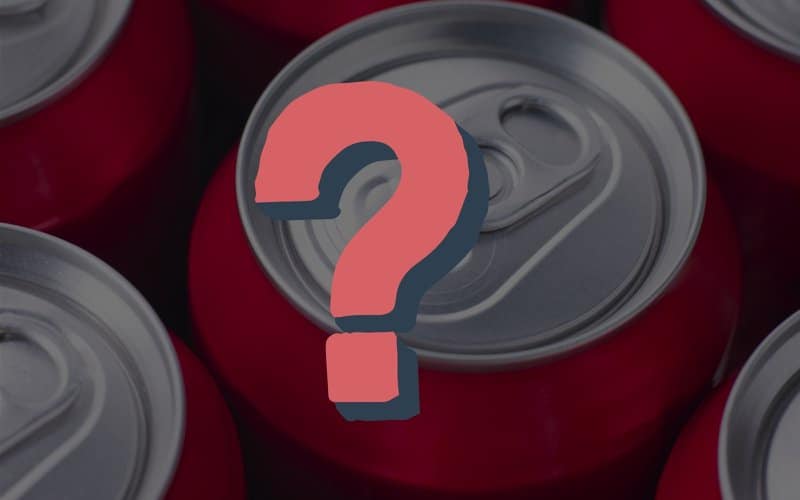
Is consumer non-durables a good career path? The choice is yours to make. Our job is to help you get a better perspective. To help you understand these jobs better.
Now that you have read through it, the picture must seem more straightforward. You know about the salary you may get at top consumer non-durables jobs, and you also know the various career areas you can apply to.
There are soft goods jobs in sales and marketing, areas with the highest openings every year. But you can also apply in HR or IT departments in soft goods companies.
Consumer non-durable companies offer stable jobs, and they have established companies in a mature market. The industry has renowned brands with desired products, which is a motivational aspect. Also, salaries and benefits are considered high-paid. Finally, since you can find many different multinationals, you may have multiple opportunities for working abroad and increasing your international professional career.
Besides the chance of getting international exposure, the training programs can also turn out to be helpful in the long run.
So, what are the aspects that appeal to you? What do you want your career to be like? After all, it boils down to your preferences.
With all the information we have given you, it must be easy to make a choice. Remember to consider all the points when making a decision! Good luck!

Christian has over ten years of experience in marketing agencies. Currently, he has been dedicating his time to a tech startup and also writing for major publications. He loves podcasts and reading to keep up with the latest trends in marketing.
